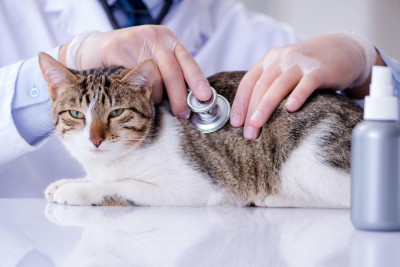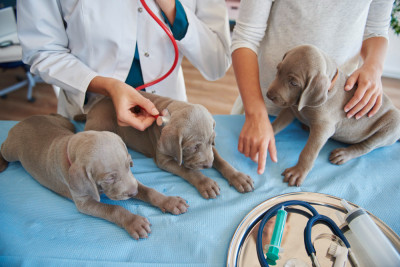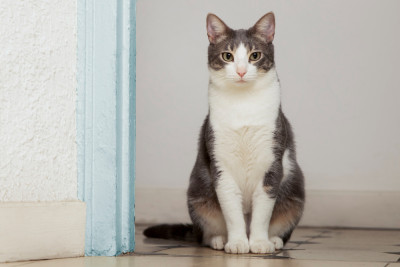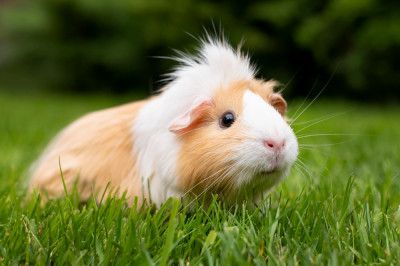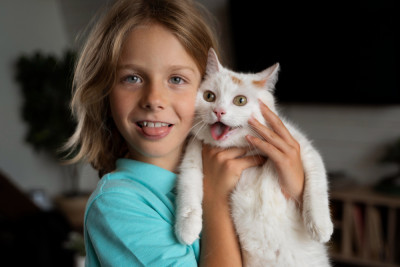1. Dental Problems
Issue: Dental issues, including gum disease and tooth decay, are common in cats.
Addressing It: Brush your cat's teeth regularly, provide dental treats or toys, and schedule regular dental check-ups with your veterinarian.
2. Hairballs
Issue: Cats groom themselves frequently, leading to the ingestion of loose fur and the formation of hairballs.
Addressing It: Offer hairball remedies or specialized cat food to help prevent and manage hairballs.
3. Obesity
Issue: Obesity is a growing concern in cats and can lead to various health problems.
Addressing It: Monitor your cat's weight, provide a balanced diet, control portion sizes, and encourage regular exercise through play and interactive toys.
4. Fleas and Ticks
Issue: Fleas and ticks can infest your cat, leading to discomfort and potential health problems.
Addressing It: Use vet-recommended flea and tick preventatives, and regularly check your cat for signs of infestation.
5. Urinary Tract Issues
Issue: Cats can suffer from urinary tract problems, including urinary tract infections and blockages.
Addressing It: Ensure your cat has access to fresh water, feed a balanced diet, and consult your vet if you notice any signs of urinary issues.
6. Hair Loss
Issue: Hair loss can result from various factors, including allergies, fleas, or skin infections.
Addressing It: Identify and address the underlying cause of hair loss through veterinary consultation and treatment.
7. Respiratory Infections
Issue: Cats can develop respiratory infections, particularly in multi-cat households or shelters.
Addressing It: Keep your cat's living space clean, provide good ventilation, and ensure proper vaccination to reduce the risk of respiratory illnesses.
8. Arthritis
Issue: Arthritis can affect cats, especially as they age, causing pain and decreased mobility.
Addressing It: Consult your vet for pain management and consider providing soft, padded sleeping areas and gentle exercise opportunities.
9. Diabetes
Issue: Diabetes can develop in cats, leading to increased thirst, frequent urination, and weight loss.
Addressing It: Maintain a healthy diet, monitor your cat's weight, and consult your veterinarian for proper management if diabetes is suspected.
10. Hyperthyroidism
Issue: Hyperthyroidism is common in older cats and can lead to weight loss, increased appetite, and hyperactivity.
Addressing It: Consult your vet for diagnosis and treatment options, which may include medication or dietary changes.
11. Allergies
Issue: Cats can develop allergies to environmental factors, food, or substances in their environment.
Addressing It: Identify and eliminate allergens when possible, and work with your vet to manage allergies through medication or dietary adjustments.
12. Kidney Disease
Issue: Chronic kidney disease is more prevalent in older cats and can lead to kidney failure.
Addressing It: Monitor your cat's water intake and urine output, maintain a kidney-friendly diet, and consult your veterinarian for regular check-ups.
Conclusion
Caring for your cat's health involves a combination of preventive measures and prompt action when issues arise. Regular veterinary check-ups, a balanced diet, proper grooming, and a safe living environment are key elements in ensuring your feline companion enjoys a long and healthy life. If you notice any changes in your cat's behavior, appetite, or appearance, do not hesitate to consult your veterinarian for guidance and treatment. By staying informed about common cat health issues and addressing them proactively, you can provide your cat with the care and attention they deserve.

